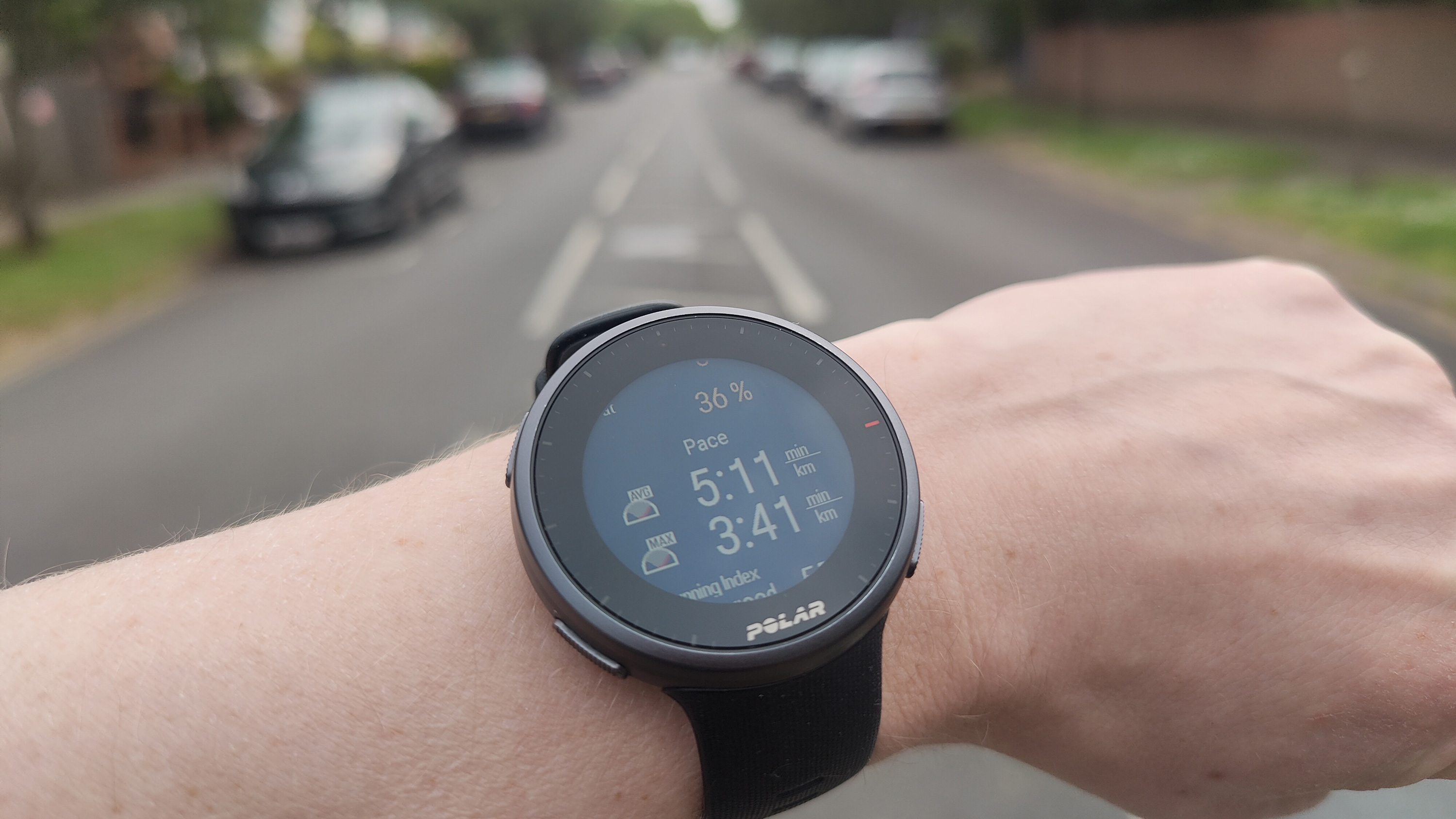Strava's price hikes are actually pretty reasonable – but I'm still not subscribing
The company’s first price hike in a decade has ruffled feathers

Sign up for breaking news, reviews, opinion, top tech deals, and more.
You are now subscribed
Your newsletter sign-up was successful
If you use one of the best fitness trackers to upload your runs, rides and gym sessions to Strava, this news is going to affect you. Strava has caused a bit of chaos with its first price hike in a decade, after a messy rollout of price increases that seem to vary wildly from user to user. Now the prices have stabilized and there's more consistent messaging, but it didn't stop users getting angry. Some people were notified of increases of around 30%, while others got increases of around 67%.
The furore prompted Strava to release a statement on its blog in which it apologized to customers and admitted that its messaging was "very confusing".
The company added: “In an effort to roll out pricing updates for our subscription, we made a mistake by not providing enough information directly to our community." It said it wasn't trying to hide the price changes, adding that "we also missed the opportunity to inform long-standing monthly subscribers that, by shifting from paying monthly to annual, they can avoid a significant price increase altogether.”
Strava is now standardizing sub-prices by country. US folks will now pay a flat fee of $79.99 annually or $11.99 a month, while the same subscription is going to be £8.99 monthly / £54.99 annually in the UK and AU$14.99 monthly / AU$99.99 annually in Australia.
Considering the service hasn’t hiked its prices up in a decade, I’m alright with this change: as a free user, I love that my Strava experience isn’t compromised with ads like almost every other service I use (even if I did regret joining up). And it’s the Premium users that make that possible.

As Strava's only price hike during a time when operations costs are skyrocketing and inflation is hitting businesses hard, I can accept this is a necessary evil.
“So if you care so much why not subscribe to Premium?” I hear you ask. Well, that’s because I already have a service available to me that offers comprehensive route mapping software, route creation based on local user data, the ability to create training plans, and a way to broadcast my location to friends and family live during a run. What’s more, it’s absolutely free (as long as you buy an expensive watch). Yes, I’m about to wax lyrical about Garmin Connect again.
Sign up for breaking news, reviews, opinion, top tech deals, and more.
Strava vs Garmin
For me, Garmin Connect (or GC) carries most of the benefits of Strava Premium listed above. It doesn’t have live segments and the ecosystem around that, such as “local legend” status that allows everyone on Strava to see whether you own a certain spot (a bit like capturing a gym in Pokemon Go, but for fitness nuts). It also doesn’t have Strava's neat personal heatmap, which allows you to see all your runs and rides simultaneously. GC also doesn't point you to the nearest public toilet if you need one on the go.
What it does have, that equals or betters Strava in many ways, is a comprehensive package of health and recovery management and fitness tracking software. It also has state-of-the-art GPS tracking. If you have a Garmin watch, or an equivalent such as Polar, Coros or Suunto, it’s tough to recommend Strava Premium as there’s quite a bit of overlap, unless you really engage with local stuff like segments on a regular basis (for more, check out our list on five of the best Garmin Connect features you're not using).
Strava is about to get better with its acquisition of Fatmap, a 3D mapping software that is bound to improve Strava’s top-down monitoring of trail runs, skiing, cycle rides, and more. With Fatmap’s acquisition comes new GPS tools, but it remains to be seen which elements Strava chooses to crib from Fatmap end up locked behind the paywall.
Still, even with these improvements in the pipeline, you’d be hard-pressed to sway me away from the free version. Although the price hike is pretty reasonable in the face of the trials facing tech businesses and Strava’s lack of advertising, Garmin Connect is just too dang good.

Matt is TechRadar's expert on all things fitness, wellness and wearable tech.
A former staffer at Men's Health, he holds a Master's Degree in journalism from Cardiff and has written for brands like Runner's World, Women's Health, Men's Fitness, LiveScience and Fit&Well on everything fitness tech, exercise, nutrition and mental wellbeing.
Matt's a keen runner, ex-kickboxer, not averse to the odd yoga flow, and insists everyone should stretch every morning. When he’s not training or writing about health and fitness, he can be found reading doorstop-thick fantasy books with lots of fictional maps in them.